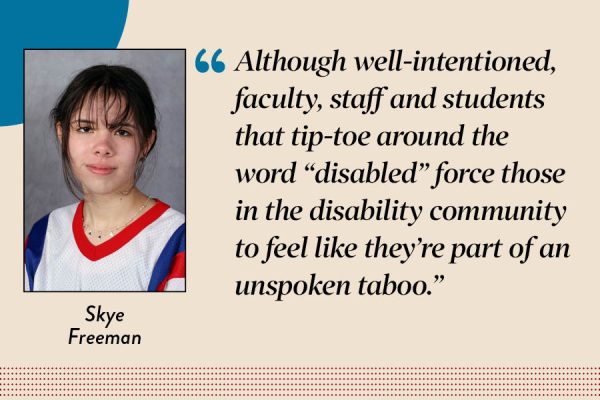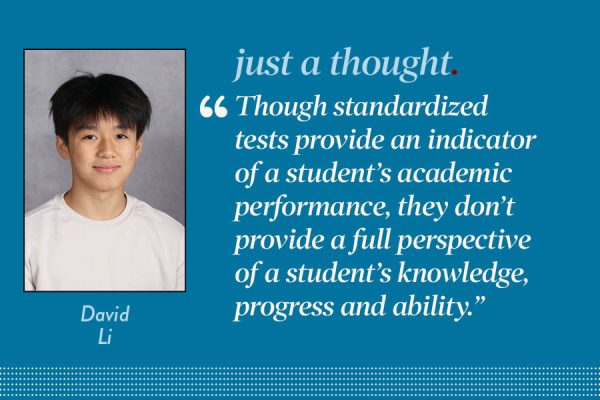Testing optional should persist past the end of the pandemic
Midway staff
Testing optional makes the college admissions process more fair and balances out the different skills of students, argues reporter Kiran Collins
March 31, 2022
In 2020, with schools and testing centers around the country closed due to the pandemic, hundreds of colleges made their admissions process test-optional.
To make the admissions process more fair, colleges should continue to use test-optional applications even after the pandemic is over.
While some may say that, because they are standardized, tests like the SAT and ACT are better for predicting the success of students at colleges than other factors like GPA and so should be mandated, this is not necessarily the case. UChicago researchers Elaine M. Allensworth and Kallie Clark published a study in 2020 considering over 50,000 college-bound Chicago Public Schools students. At all schools included in the study, college graduation rates based on GPA were relatively consistent, while graduation rates based on ACT scores varied significantly more.
Test-optional admissions also balance out the different skills of students on the application. Students who have test anxiety, or who are stronger in areas not on the tests, like history, don’t need to have one exam define their application, while students who excel at tests can still use their score to boost their chances of being accepted.
Lower-income students are also more encouraged to apply when schools are test-optional. In 2021, the Common App released data that showed after many schools went test-optional, there was a 22 percent increase in the amount of applicants who received fee waivers for their tests. One of the reasons for this may be that low-income students have less access to test prep courses, and their schools are less likely to have properly prepared them for the tests.
The previous system of test-mandated applications was deeply flawed for many reasons — tests were not clear predictors of success, the value of test taking ability was over-emphasized compared to other skills and low income students were disadvantaged.
While going test-optional would not solve all the problems, it would be a good step toward making college applications more fair for everyone.


















